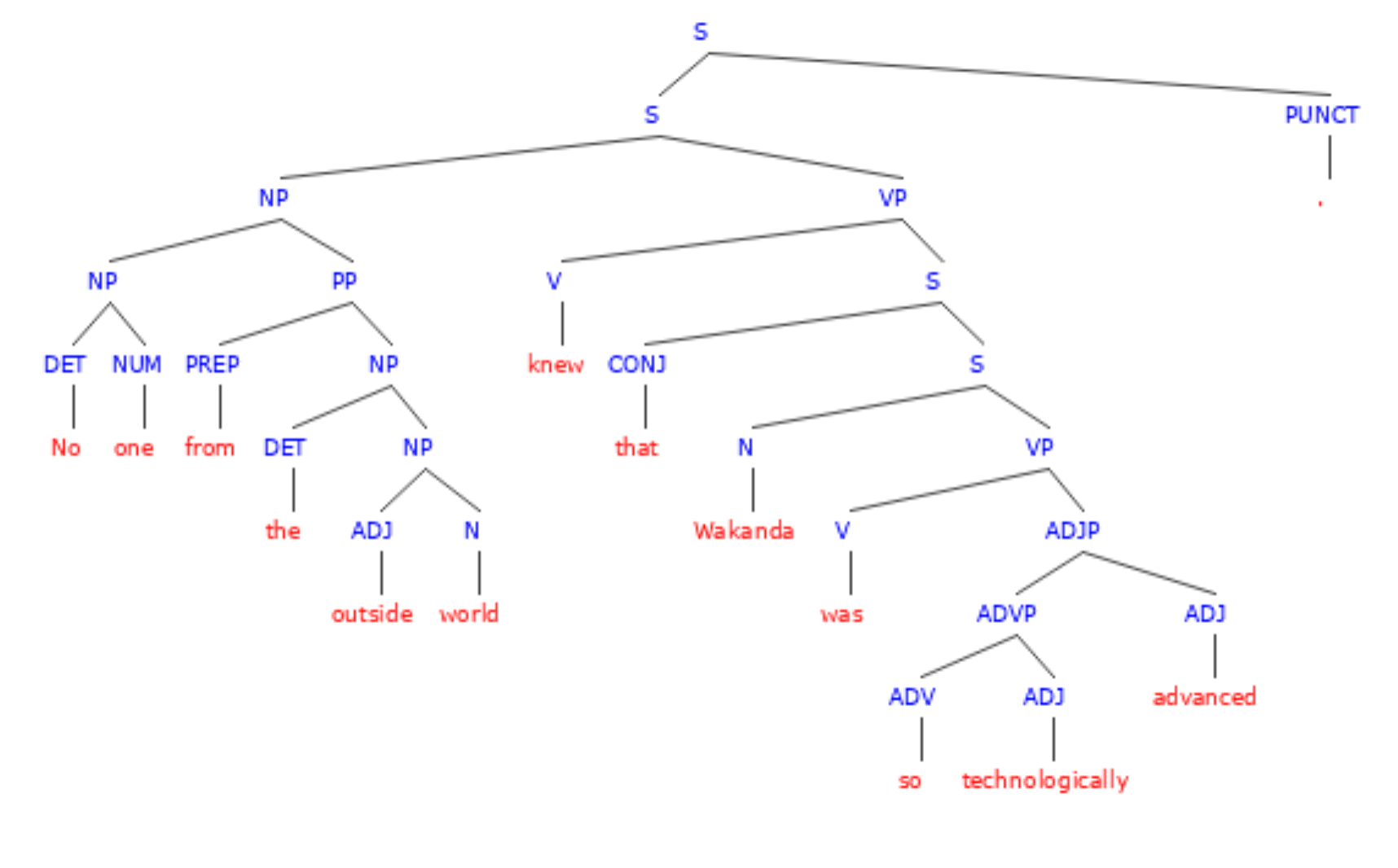This! 20+ Little Known Truths on Examples Of Noun Clause And Adjective Clause: There are three types of subordinate, or independent, clauses:
Examples Of Noun Clause And Adjective Clause | Adjective clause beginning with an adverb. The goal of an adjective clause is to add more information to a noun or a pronoun. An adjective clause usually starts with a relative pronoun, has a subject and a verb, and tells us something about a noun (or a pronoun). An adjective clause usually comes after the noun it modifies. An adjective clause is a dependent clause that functions as an adjective in the sentence.
An adjective complement is a phrase that modifies an adjective. A noun clause may have you questioning your grammar knowledge. Learn more about the difference between phrase vs. Adjective clause beginning with an adverb. Dependent clauses can function either as noun clauses, adjective clauses, or adverb clauses.
An adjective complement is a phrase that modifies an adjective. A noun clause may have you questioning your grammar knowledge. Do you know what an adjective clause is? A dependent clause is a. It follows the adjective in the sentence and offers more information about it. Dependent clauses can function either as noun clauses, adjective clauses, or adverb clauses. Clause before you write your next paper. Become comfortable with the concept by reading through this helpful guide! A dependent, or subordinate, clause contains a subject and a verb or verb phrase but does not express a complete thought. The subject of the clause is the pronoun ' they '. A dependent clause, or subordinate clause, can function in three ways in a sentence: An adjective clause is a dependent clause that functions as an adjective in the sentence. This adjective clause begins with an adverb (' where ').
Dependent clauses can function either as noun clauses, adjective clauses, or adverb clauses. Clause before you write your next paper. An adjective complement is a phrase that modifies an adjective. A dependent clause is a. An adjective clause usually comes after the noun it modifies.
This adjective clause begins with an adverb (' where '). A dependent clause is a. Learn more about the difference between phrase vs. A noun clause may have you questioning your grammar knowledge. An adjective clause begins with a relative pronoun or a relative adverb. Adjective, adverb, and noun.remember that a subordinate clause has a subject and a verb, but it does not express a complete thought. An adjective clause is a dependent clause that functions as an adjective in the sentence. Adjective clause beginning with an adverb. An adjective clause usually comes after the noun it modifies. As a result, it cannot stand alone as a sentence. There are three types of subordinate, or independent, clauses: Dec 21, 2020 · the term noun clause might sound confusing, but finding and identifying one is much easier than you might think. A dependent clause, or subordinate clause, can function in three ways in a sentence:
As a result, it cannot stand alone as a sentence. A noun clause is a Do you know what an adjective clause is? An adjective complement is a phrase that modifies an adjective. Adjective, adverb, and noun.remember that a subordinate clause has a subject and a verb, but it does not express a complete thought.

A noun clause is a What is a noun clause? Do you know what an adjective clause is? An adjective clause is a dependent clause that functions as an adjective in the sentence. The subject of the clause is the pronoun ' they '. A dependent clause, or subordinate clause, can function in three ways in a sentence: This adjective clause begins with an adverb (' where '). Clause before you write your next paper. Dependent clauses can function either as noun clauses, adjective clauses, or adverb clauses. Adjective complement examples consist of noun clauses or prepositional phrases. An adjective clause usually comes after the noun it modifies. Adjective clause beginning with an adverb. As a result, it cannot stand alone as a sentence.
Adjective clause beginning with an adverb examples of noun clause. Adjective clauses can also be called relative clauses.
Examples Of Noun Clause And Adjective Clause: An adjective clause usually comes after the noun it modifies.
0 Response to "This! 20+ Little Known Truths on Examples Of Noun Clause And Adjective Clause: There are three types of subordinate, or independent, clauses:"
Post a Comment